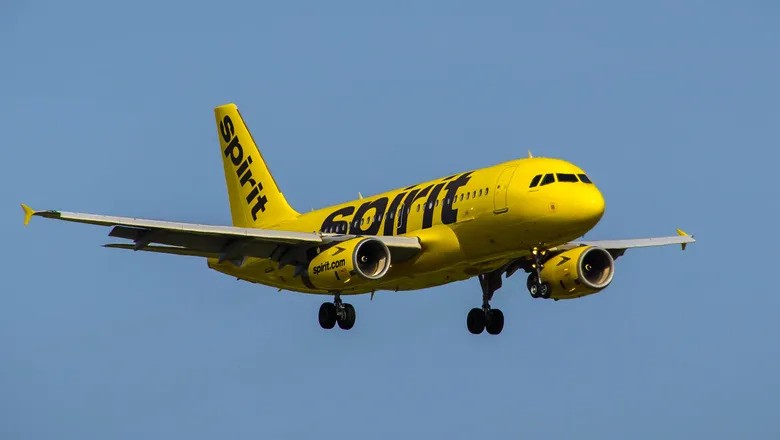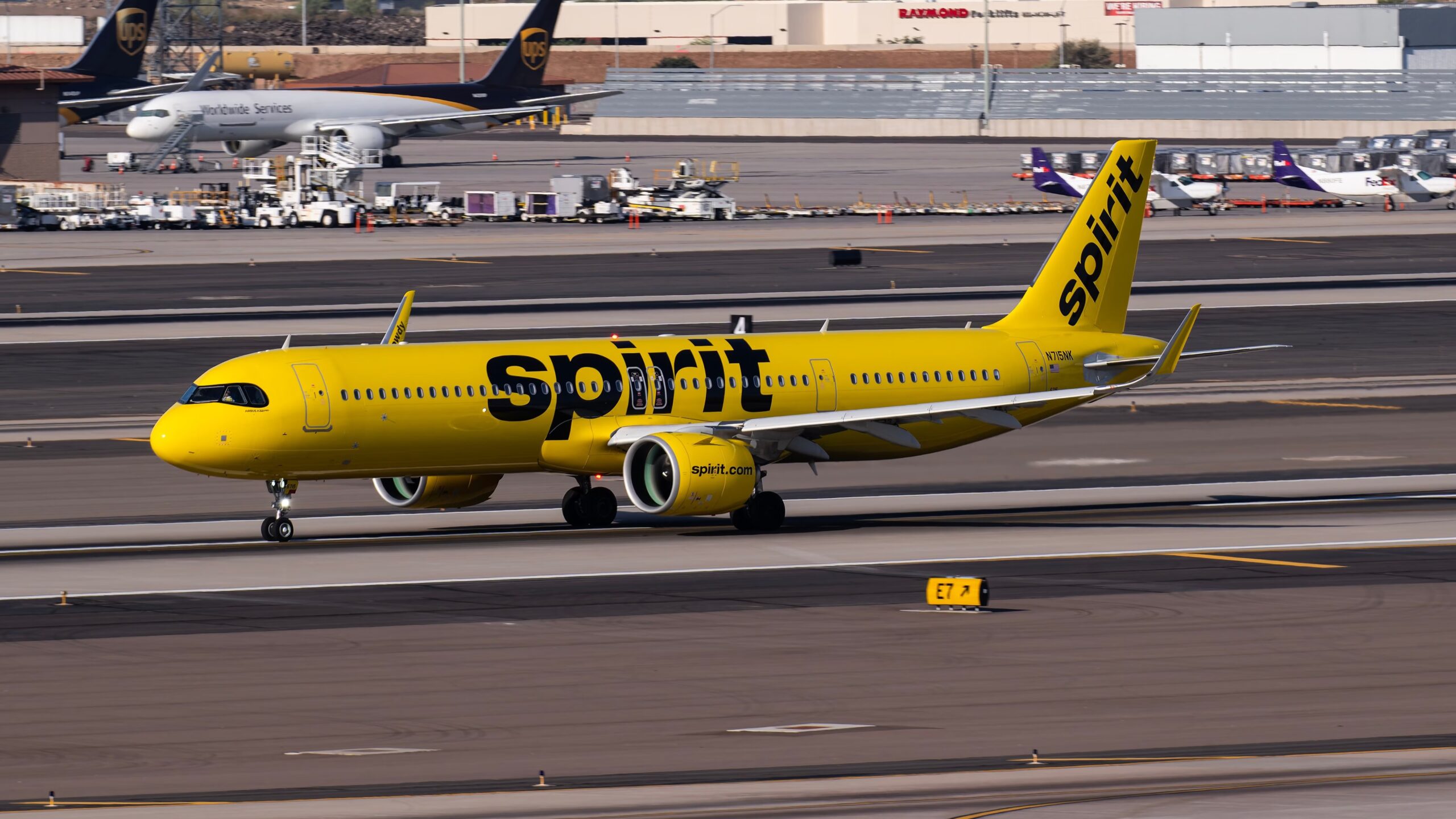Spirit Airlines announced on Monday that it has filed for Chapter 11 bankruptcy protection, citing mounting financial struggles due to increasing losses and upcoming debt maturities.
Failed Mergers and Ongoing Challenges
The ultra-low-cost carrier faced two failed merger attempts in less than two years—one with Frontier Airlines and another earlier in 2024 with JetBlue. These setbacks, combined with consistent quarterly losses, have left the airline in a precarious financial position.
In October, Spirit took significant steps to manage its financial crisis, including announcing plans to sell multiple aircraft and lay off employees in an effort to raise cash and stabilize its operations.
A Plan for Recovery

Spirit Airlines President and CEO Ted Christie shared a glimpse of the company’s strategy to overcome its financial hurdles.
“This set of transactions will materially strengthen our balance sheet and position Spirit for the future while we continue executing on our strategic initiatives to transform our guest experience, providing new enhanced travel options, greater value and increased flexibility,”
Christie stated. “I’m extremely proud of the Spirit team’s hard work and dedication, which is key to our sustained progress in advancing our business and delivering for our guests.”
The bankruptcy filing includes a prearranged agreement with bondholders, expected to significantly reduce the airline’s overall debt. Additionally, Spirit estimates its assets and liabilities to be between $1 billion and $10 billion, as per the court documents filed on Monday.
Financial Support Secured

As part of the restructuring, Spirit has secured commitments for a $350 million equity investment from existing bondholders. Moreover, the bondholders have agreed to provide $300 million in debtor-in-possession (DIP) financing, which, combined with available cash, is anticipated to support the airline through the Chapter 11 process.
Impact on Stock and Future Operations
The airline confirmed its stock shares will be canceled and hold no value under the restructuring plan. Spirit’s delisting from the New York Stock Exchange is expected shortly.
Founded in 1964 as a trucking company, Spirit shifted to aviation in 1983 and rebranded in 1992. Over the years, it gained popularity among budget-conscious travelers who prioritized low fares over perks like checked bags or seat assignments.
Despite the bankruptcy filing, Spirit emphasized that travelers would not be affected. The bankruptcy filing will not impact guests’ ability to book flights and travel as normal or their ability to use tickets, credits, and loyalty points, the company confirmed.
Challenges Facing Ultra-Low-Cost Carriers
Ultra-low-cost carriers, known for their affordable, no-frills approach, have faced increased challenges since the pandemic. As travelers gravitate toward more comfortable and flexible options, maintaining profitability has become increasingly difficult for these budget airlines.
For Spirit, its future hinges on executing the restructuring plan and adapting to shifting consumer preferences while continuing to serve customers without interruption.



